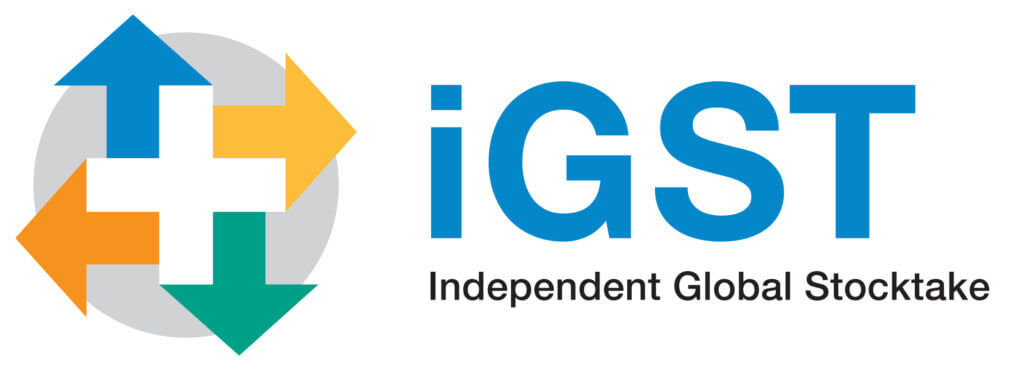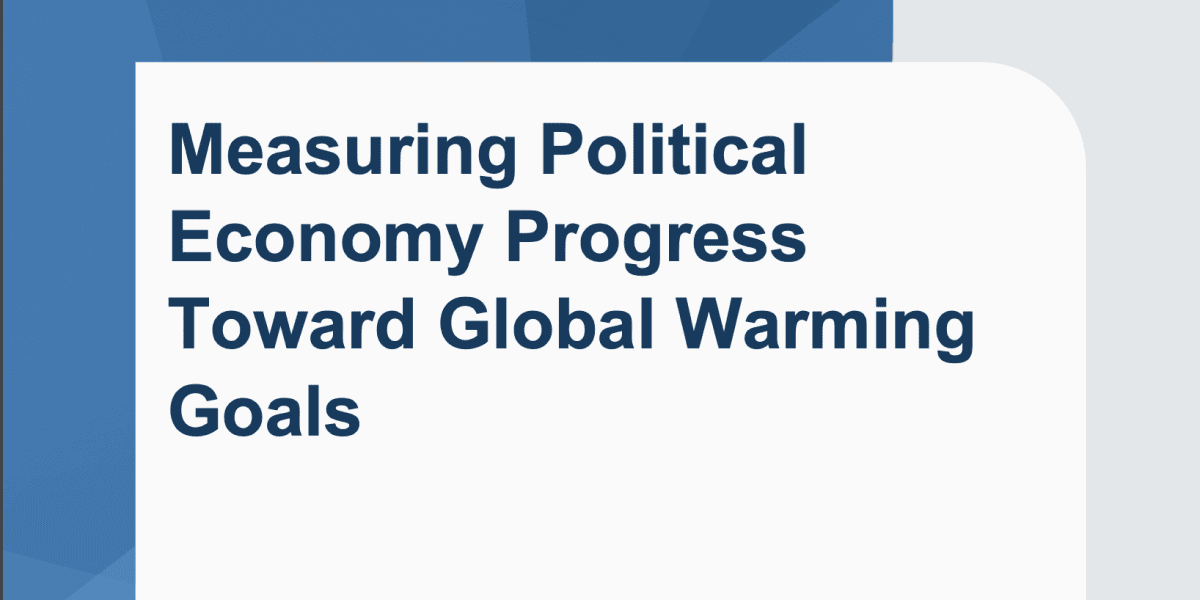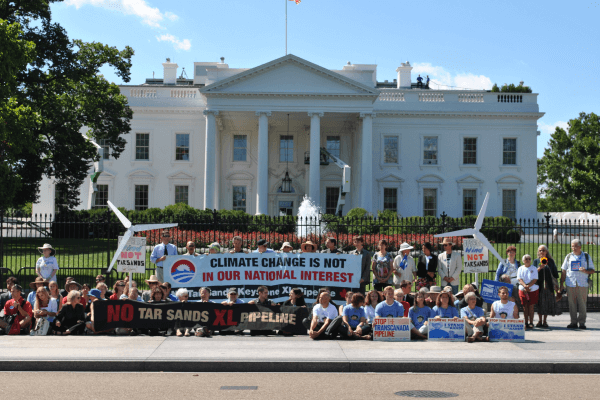About
The Mitigation Working Group (MWG) of the independent Global Stocktake (iGST) aimed to assist the independent community in using the Global Stocktake (GST) as an opportunity to ratchet up real-world progress in climate mitigation. The MWG facilitated new research, discussion and knowledge exchange to create a stronger community and a more effective and broader mitigation narrative. It brings together researchers from around the world to push forward the climate mitigation narrative. Its flagship project was the Early Career Scholars for an Inclusive Stocktake (ECSIS) program, with more information available here.
The group was co-chaired by the University of Maryland’s Center for Global Sustainability and the Council on Energy, Environment and Water (CEEW).

Featured Resources
Measuring Political Economy Progress toward Global Warming Goals
Key political economy indicators
Mitigation Information and the Independent Global Stocktake
Report identifies gaps in available mitigation information.
Experts in dialogue: Role of the U.S. in the Global Stocktake
iGST members on equity, political economy, and the new U.S. NDC
Measuring Capacity Progress in Climate Transparency
Addressing country capacity for transparency under the Global Stocktake process
Research from ECSIS informs GST negotiations
Addressing country capacity for transparency under the Global Stocktake process
More About
The first Global Stocktake took place from 2021-2023. It presented a unique opportunity not only to communicate progress and urgency, but to also identify challenges in addressing climate change and effective strategies to overcome those challenges. It presented a moment for building momentum through shared attention on climate mitigation around the world.
The iGST was created to respond to the need for engagement and support from the independent community. It aimed to increase the relevance of the official GST process and the impact of the moment surrounding it through a combination of research, analysis and dialogue.
The Mitigation Working Group focused on the issue that a wide range of “technoeconomic” indicators—potential rates of potential renewable deployment, macroeconomic indicators, estimates of cost and others—are already regularly produced by both governmental and independent communities to measure progress in reducing emissions and deploying low-carbon technologies. This information is currently the foundation for assessments of progress and of the magnitude of task at hand, such as those assessments in the IPCC and the UN Gap Report. This information does not, however, provide a comprehensive perspective on progress or on the challenges to progress, many of which are linked to political economy, institutional capacity, and behavioral concerns. To shape the mitigation narrative and to inform the GST moment and stocktaking in general, a broader frame would be needed.
The iGST Mitigation Working Group worked on projects to assist in developing such a framework and narrative through a collaborative and deliberative process of convenings and research products. This group focuses on relevant topics such as the political economy and institutional capacity. Among other initiatives, this work was being operationalized through the Early Career Scholars for an Inclusive Stocktake (ECSIS) program. See more information here.
Additional Resources
Guiding questions for the Global Stocktake under the Paris Agreement
(NewClimate Institute, 2019)
The Global Stocktake (GST) starting in 2023, every 5 years will analyse the global situation and provides information to the countries to update Nationally Determined Contributions (NDCs). The Paris Agreement itself is vague on what the GST should cover. Therefore, the international scientific community has launched the Independent Global Stocktake (iGST) process to increase the accuracy, transparency, accountability and relevance of the official benchmarking process by bringing together independent researchers and advocates. This paper builds on previous work to identify knowledge gaps as well as the four focus areas and working group of the iGST: mitigation, adaptation, finance and equity.
Climate Action Tracker (CAT)
Developed by Climate Analytics and New Climate Institute, the Climate Action Tracker (CAT) has been providing independent analysis to policymakers since 2009. It analyzes and tracks government climate action and measures it against the Paris Agreement. CAT quantifies and evaluates climate change mitigation commitments and assesses whether countries are on track to meeting those commitments. It then aggregates country action to the global level, then determines the likely temperature increase by the end of the century.
PBL Netherlands Environmental Assessment Agency
The PBL Climate Pledge NDC tool shows the pledges, the NDCs, the current policies (such as carbon taxation or feed-in tariffs), and standards on emission levels for 25 major emitting countries and regions. This tool analyses the mitigation components for the NDCs of 161 of the 197 Parties (together representing about 99.5% of emissions in 2017). The PBL Pledge aims to answer: 1) What are the NDC emission projections for countries in 2030? 2) The impact of the NDC project emissions on global temperature rise? 3) Are countries on track to meet their 2030 NDCs?
Climate Interactive
C-ROADS is a computer simulator that helps people understand the long-term climate impacts of national and regional greenhouse gas emission reductions at the global level. The simulator helps to break down the impact of the emission reduction pledges countries have summitted to the United Nations. These proposals take different forms with different reference and target years. C-ROADS allows users to rapidly test these policies to determine whether, collectively, they are enough to stabilize temperature below 2°C. C-ROADS is made available for free to make insights about what it takes to address climate change more accessible.
University of Melbourne Climate Spirals
The Climate and Energy College of the University of Melbourne have put together NDC factsheets to detail per capita emissions, as well as the possible emissions reductions, from individual countries’ NDCs. They have also created spiral graphs that indicate the global mean temperature rise, carbon dioxide concentrations and other relevant indicators to better understand the global warming parameters.
A Guide to Assessing the Political Economy of Domestic Climate Change Governance.
This working paper develops a guide for assessing how structural factors, rules and norms, stakeholder relationships, incentives of key actors, and prevailing narratives shape power and influence in domestic climate governance. It is intended to help domestic civil society coalitions, policymakers and civil servants who are grappling with or anticipate challenges of political commitment, coordination and accountability.




